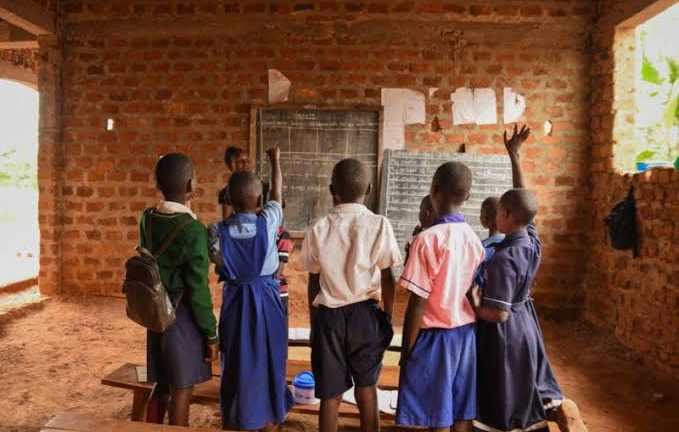
Introduction
Education and development missions represent a powerful force for positive change in our world. These missions, often initiated by governments, NGOs, or international organizations, aim to improve the quality of life for individuals and communities by fostering education, healthcare, economic growth, and sustainable development. In this article, we will explore the profound significance of education and development missions and how they contribute to a brighter future for all.
-
Empowering Individuals
Education and development missions empower individuals by providing them with the tools and knowledge needed to improve their lives. Access to quality education equips people with skills, critical thinking abilities, and opportunities to break free from the cycle of poverty. It fosters personal growth, self-confidence, and a sense of purpose, enabling individuals to make informed decisions about their futures.
-
Breaking the Cycle of Poverty
One of the primary goals of these missions is poverty alleviation. Education and skill development programs create a pathway out of poverty by increasing employability and income-earning potential. As individuals gain access to education and acquire new skills, they are better equipped to secure stable jobs, contribute to their communities, and provide for their families.
-
Fostering Social and Economic Development
Education and development missions play a pivotal role in driving social and economic development at the community and national levels. By improving education, healthcare, and infrastructure, these missions create an environment conducive to entrepreneurship, innovation, and sustainable economic growth. Educated and healthy citizens are more productive, leading to stronger economies and reduced disparities.
-
Enhancing Global Stability
Global stability is closely linked to education and development efforts. Access to education and opportunities for personal growth can deter individuals from engaging in extremist ideologies or resorting to violence. By promoting education, these missions contribute to peace, social cohesion, and reduced conflict in regions where they operate.
-
Advancing Gender Equality
Education and development missions also have a significant impact on advancing gender equality. They often prioritize girls’ education, breaking down gender barriers and promoting women’s participation in the workforce and decision-making processes. This not only benefits women individually but also strengthens economies and societies as a whole.
-
Addressing Environmental Sustainability
Sustainable development is a crucial component of many education and development missions. By promoting responsible resource management, renewable energy, and environmentally friendly practices, these missions help protect natural ecosystems and combat climate change. Sustainable development ensures that future generations inherit a healthier planet.
-
Fostering Global Partnerships
Education and development missions often require collaboration among governments, NGOs, and international organizations. These partnerships promote knowledge sharing, resource allocation, and collective action on global challenges. By working together, stakeholders can maximize the impact of their missions and address complex issues more effectively.
Conclusion
Education and development missions are not just noble endeavors; they are essential drivers of positive change in the world. By empowering individuals, breaking the cycle of poverty, fostering social and economic development, enhancing global stability, advancing gender equality, addressing environmental sustainability, and promoting global partnerships, these missions contribute to a more equitable, prosperous, and sustainable future for all. Supporting and investing in such missions is an investment in the betterment of humanity as a whole.






Leave a Reply